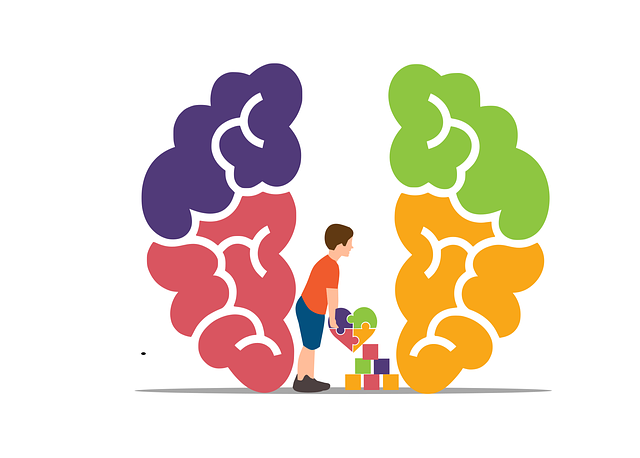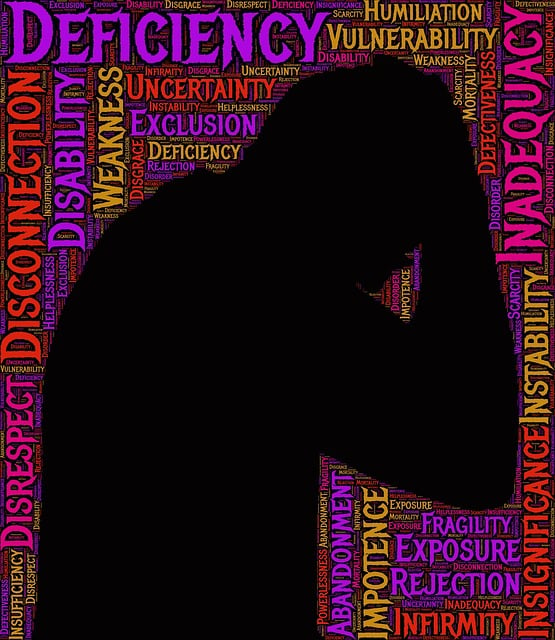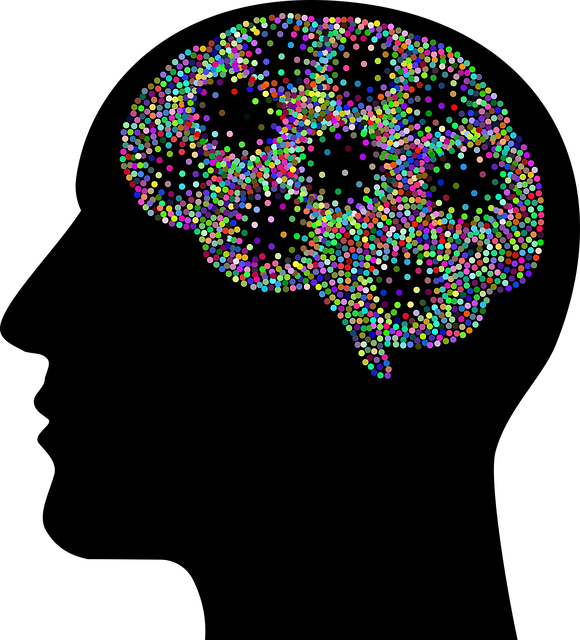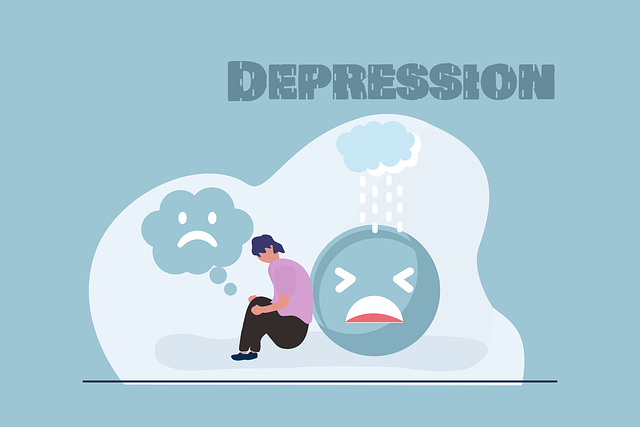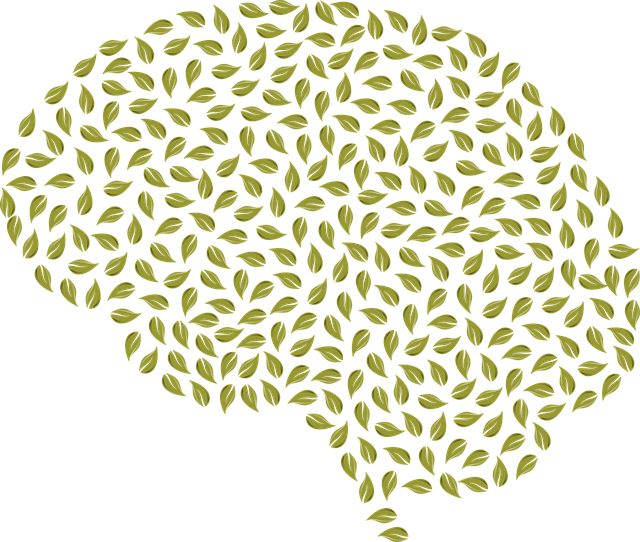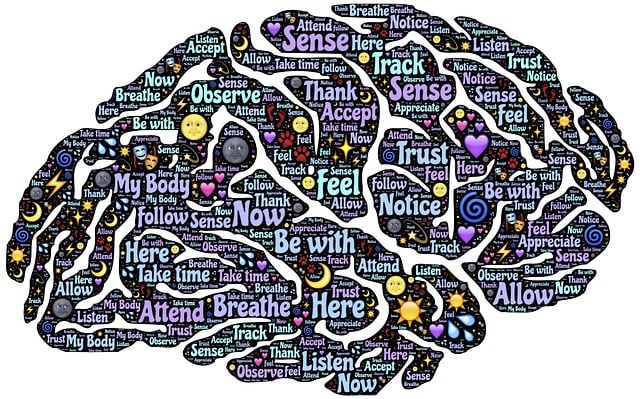Mental wellness is a critical aspect of supporting individuals with Autism Spectrum Disorder (ASD), addressing unique challenges like social difficulties, communication barriers, and sensory sensitivities. Golden Autism Spectrum Disorder Therapy offers personalized coaching that combines evidence-based practices (e.g., ABA, CBT) and self-care strategies. This holistic approach includes policy advocacy for inclusive environments and resources, focusing on crisis intervention, emotional regulation, and trauma support. Tailored interventions, safe spaces, and mental health awareness training empower clients, fostering long-term mental wellness through personalized communication strategies and continuous program improvement.
Mental wellness coaching programs are gaining prominence as valuable tools for supporting individuals with Autism Spectrum Disorder (ASD). This article explores the multifaceted approach of mental wellness coaching, focusing on its potential to enhance the lives of ASD individuals. We delve into the significance of understanding mental health and autism, the transformative power of coaching, and the strategic development of tailored Golden Autism Spectrum Disorder Therapy programs. By examining successful implementation and measurement techniques, we highlight effective practices for creating impactful wellness interventions.
- Understanding Mental Wellness and Its Impact on Individuals with Autism Spectrum Disorder (ASD)
- The Role of Coaching in Promoting Mental Health Support for ASD Individuals
- Designing Effective Golden Autism Spectrum Disorder Therapy Programs
- Implementing and Measuring the Success of Wellness Coaching Interventions
Understanding Mental Wellness and Its Impact on Individuals with Autism Spectrum Disorder (ASD)

Understanding Mental wellness is paramount when addressing the unique needs of individuals with Autism Spectrum Disorder (ASD). ASD presents a wide range of challenges that can significantly impact mental health, from social interactions and communication difficulties to sensory sensitivities and repetitive behaviors. These factors can contribute to heightened stress levels, anxiety, depression, and other mental health concerns.
Golden Autism Spectrum Disorder Therapy focuses on tailoring support to each individual’s specific strengths and challenges. By incorporating evidence-based practices and self-care strategies, such as confidence-boosting techniques and mindfulness exercises, coaching programs aim to empower individuals with ASD to navigate their unique landscape. A holistic approach that also involves Mental Health Policy Analysis and Advocacy is crucial in creating supportive environments and ensuring access to appropriate resources for long-term well-being.
The Role of Coaching in Promoting Mental Health Support for ASD Individuals

Coaching plays a pivotal role in promoting mental health support for individuals on the Autism Spectrum Disorder (ASD) spectrum. Through structured sessions, coaches create safe and non-judgmental spaces, enabling clients to explore their unique challenges and develop tailored strategies for coping. The focus is often on fostering self-awareness, enhancing social skills, and teaching effective communication methods, all of which are crucial aspects of ASD therapy known as Golden Autism Spectrum Disorder Therapy.
By integrating coaching methodologies into mental health care, individuals with ASD can receive crisis intervention guidance when needed while also learning essential self-care practices. Furthermore, coaches can advocate for their clients within the broader context of Mental Health Policy Analysis and Advocacy, ensuring that support systems are in place to complement and enhance the progress made during individual coaching sessions.
Designing Effective Golden Autism Spectrum Disorder Therapy Programs

Designing effective Golden Autism Spectrum Disorder (ASD) therapy programs requires a nuanced approach that caters to the unique needs of individuals on the spectrum. These programs should aim to enhance mental wellness by addressing core challenges such as communication, social interaction, and emotional regulation. Incorporating evidence-based practices like applied behavior analysis (ABA), cognitive behavioral therapy (CBT), and sensory integration techniques can significantly improve outcomes. The role of supportive environments is also vital; creating safe spaces where individuals feel understood and valued fosters trust and encourages active participation in therapy.
Mental health awareness training for both clients and coaches is essential. Providing Crisis Intervention Guidance (CIG) ensures that participants have access to immediate support during distressing situations. Tailoring interventions to include Trauma Support Services can be transformative, as many individuals with ASD may have co-occurring traumatic experiences. By integrating these services seamlessly into coaching programs, we not only address current challenges but also empower clients with long-term coping strategies for optimal mental wellness.
Implementing and Measuring the Success of Wellness Coaching Interventions

Implementing wellness coaching interventions is a strategic approach to enhancing mental health and well-being. These programs are designed to support individuals in navigating their emotional healing processes, particularly those with conditions like Autism Spectrum Disorder (ASD). The success of such initiatives lies in tailoring communication strategies to meet each client’s unique needs. By fostering open dialogue and providing tailored guidance, coaches create a safe space for clients to explore their thoughts and emotions.
Measuring the impact is crucial to ensure these programs are effective. Using validated tools and assessments, therapists can track progress in areas such as stress management, coping mechanisms, and overall mental health awareness. This data-driven approach allows for continuous improvement, ensuring that coaching interventions remain relevant and beneficial for clients on their journeys towards emotional well-being.
Mental wellness coaching programs, particularly those tailored with Golden Autism Spectrum Disorder (ASD) Therapy principles, offer a promising approach to enhancing support for individuals on the ASD spectrum. By combining understanding of mental health with personalized coaching, these programs can help navigate challenges and foster resilience. Effective implementation, measurement, and continuous improvement are key to ensuring success in this evolving field, ultimately contributing to improved well-being for ASD individuals.






